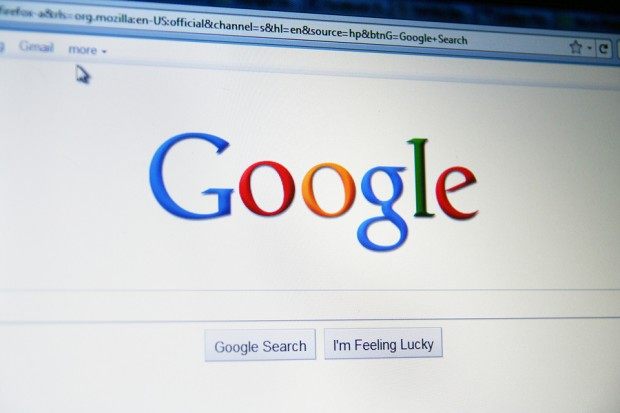Google has offered further concessions to address regulatory concerns about its search technology, the European Commission said on Wednesday, effectively settling a three-year investigation and avoiding a fine of up to $5 billion.
The world’s dominant search engine has been the focus of a Commission investigation since November 2010, when more than a dozen complainants across Europe accused the company of promoting its own services at their expense.
Google has now made three attempts to resolve the case, with the latest moves looking like they will be enough to settle it, although there will still be a chance for Google’s competitors to provide further input.
“I believe that the new proposal obtained from Google after long and difficult talks can now address the Commission’s concerns,” European Competition Commissioner Joaquin Almunia said in a statement.
The Commission said it would make a final decision after obtaining feedback from Google’s rivals. Google’s offer only covers Europe and would be valid for five years.
In a statement, Google said it hoped to draw a line under the case soon.
“We will be making significant changes to the way Google operates in Europe,” said General Counsel Kent Walker. “We have been working with the European Commission to address issues they raised and look forward to resolving this matter.”
Reuters reported on Jan. 29 that the EU’s competition authority and Google were close to a deal to resolve the investigation.
Google’s success in escaping possibly heavier sanctions mirrors a similar outcome in the United States last year, where Google received only a mild reprimand from the Federal Trade Commission.
Almunia, who has been in charge of antitrust issues at the European Commission since 2009, has developed a track record of resolving cases via settlements rather than fines.
Google’s ability to resolve competition issues in two major regions without a fine stands in sharp contrast to rival Microsoft, whose prickly relations with EU regulators landed it total fines of more than 2.2 billion euros over the past decade.
Under its latest proposals, Google, which has a 75 percent share of the European search market according to consultancy comScore, will let three rivals display their logos and web links in a prominent box, and content providers will be able to decide what material Google can use for its own services.
Google will also scrap restrictions that prevent advertisers from moving their campaigns to rival platforms such as Yahoo!’s search tool and Microsoft’s Bing.
Despite the imminent deal, Google may still face a second EU probe, this time into its Android operating system for smartphones, with potentially bigger risks for the company.
Google gives away Android for free. The software, which is available on three out of four smartphones sold worldwide, essentially helps the company extend its core search business and boost its usage in the mobile world.
Lobbying group FairSearch whose members include Microsoft and Finnish Nokia, has accused Google of using Android to divert traffic to its search engine. The Commission has yet to decide whether to open an investigation.





















 State Farm Inked $1.5B Underwriting Profit for 2025; HO Loss Persists
State Farm Inked $1.5B Underwriting Profit for 2025; HO Loss Persists  Reinsurance Program Could Wipe Out Need for Calif. FAIR Plan: Legal Exec
Reinsurance Program Could Wipe Out Need for Calif. FAIR Plan: Legal Exec  Teens’ First Year on the Road Most Deadly
Teens’ First Year on the Road Most Deadly  AI Claim Assistant Now Taking Auto Damage Claims Calls at Travelers
AI Claim Assistant Now Taking Auto Damage Claims Calls at Travelers 





